Scientific Astrology
Scientific Astrology
The scientific community rejects astrology as having no explanatory power for describing the universe, and consider it a pseudoscience. Scientific testing of astrology has been conducted, and no evidence has been found to support any of the premises or purported effects outlined in astrological traditions. There is no proposed mechanism of action by which the positions and motions of stars and planets could affect people and events on Earth that does not contradict well understood, basic aspects of biology and physics. Those who continue to have faith in astrology have been characterised as doing so “in spite of the fact that there is no verified scientific basis for their beliefs, and indeed that there is strong evidence to the contrary”.
It has also been shown that confirmation bias is a psychological factor that contributes to belief in astrology. Confirmation bias is a form of cognitive bias. According to available literature, astrology believers tend to selectively remember predictions that turn out to be true, and do not remember those that turn out false. Another, separate, form of confirmation bias also plays a role, where believers often fail to distinguish between messages that demonstrate special ability and those that do not. Thus there are two distinct forms of confirmation bias that are under study with respect to astrological belief.
Gemini is Latin for twins and forms an image of two persons, usually (but not always) men who are twins. In the modern astrology horoscope reading of the ancient zodiac, you follow the horoscope advice for Gemini to find love, good luck, health, and gain insight on your personality.




